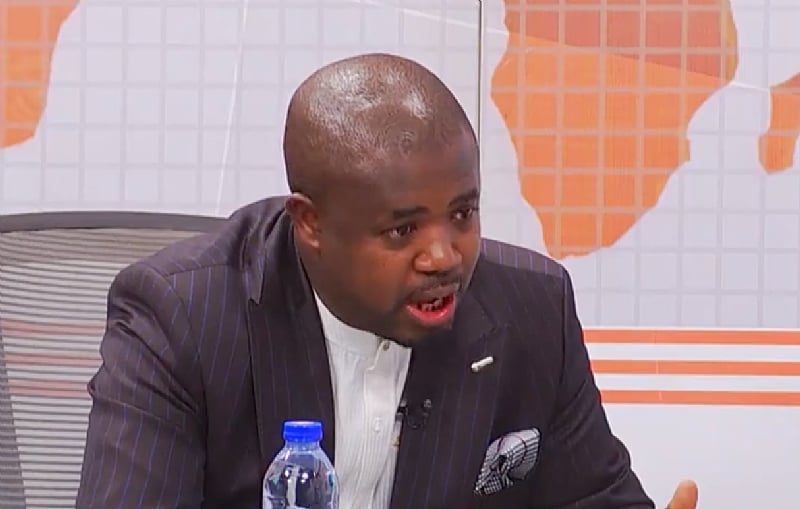The ongoing public feud between musician and Member of Parliament for Gomoa Central, Kwame Asare Obeng, popularly known as A Plus, and Attorney General Godfred Yeboah Dame, escalated with A Plus accusing the Attorney General of corruption and involvement in a dubious sanitation levy deal. A Plus alleged that the deal was designed to financially benefit individuals close to the Attorney General. He further insinuated that a campaign donation received by the Attorney General from a certain Mr. Sledge was, in fact, a bribe intended to influence decisions related to the sanitation levy. These accusations ignited a heated exchange between the two public figures, prompting responses from both parties and drawing in commentary from other individuals, including Godwin Edudzi Tamakloe, the Acting Chief Executive Officer of the National Petroleum Authority.
Responding to A Plus’s allegations during a press briefing, Attorney General Dame clarified the circumstances surrounding the campaign donation from Mr. Sledge. He emphasized that the donation was legitimate and unrelated to any alleged corrupt practices or influence-peddling concerning the sanitation levy. He sought to dispel the perception that the donation was a bribe and maintained that it was a standard campaign contribution. He refuted A Plus’s accusations, stating that they were baseless and intended to tarnish his reputation. Dame further challenged A Plus to provide concrete evidence to support his claims, emphasizing the seriousness of such accusations and the potential damage they could cause to his integrity and public standing.
However, A Plus doubled down on his accusations following the Attorney General’s press briefing. He not only reiterated his earlier claims but also added a new allegation, asserting that the Attorney General had solicited GH¢500,000 from Mr. Sledge to influence the Parliamentary Appointments Committee. This new allegation further fueled the ongoing public spat and intensified the scrutiny on both individuals. A Plus’s persistent accusations and the Attorney General’s continued denials created a stalemate in the public discourse, with each side maintaining their respective positions.
Godwin Edudzi Tamakloe, entering the fray, publicly criticized A Plus’s approach, particularly his use of insults directed towards the Attorney General. Tamakloe, a legal practitioner himself, admonished A Plus for what he perceived as mistaking the Attorney General’s calmness for weakness. He stressed the importance of focusing on factual evidence rather than resorting to personal attacks and inflammatory language. Tamakloe pointedly advised A Plus to substantiate his allegations with concrete proof instead of relying on insults to bolster his claims.
Furthermore, Tamakloe addressed the specifics of A Plus’s allegations regarding the sanitation levy. He directed A Plus to consult parliamentary records, specifically the Hansard, for accurate information on the levy’s approval process and fund allocation. Tamakloe underscored that all payments related to the Sanitation and Pollution Levy were authorized and approved by the Minister of Finance, Ken Ofori-Atta. He categorically stated that the Attorney General had no authority to approve such payments during the period in question.
This public exchange highlights the increasing use of social media platforms as arenas for political discourse and the challenges posed by the rapid spread of information, both accurate and inaccurate. The incident underscores the importance of verifying claims and relying on credible sources of information, especially in politically charged environments. It also emphasizes the need for decorum and respect in public discourse, even when engaging in contentious debates. The ongoing feud between A Plus and the Attorney General serves as a cautionary tale about the potential for social media platforms to amplify both legitimate concerns and unsubstantiated accusations, blurring the lines between fact and conjecture.














